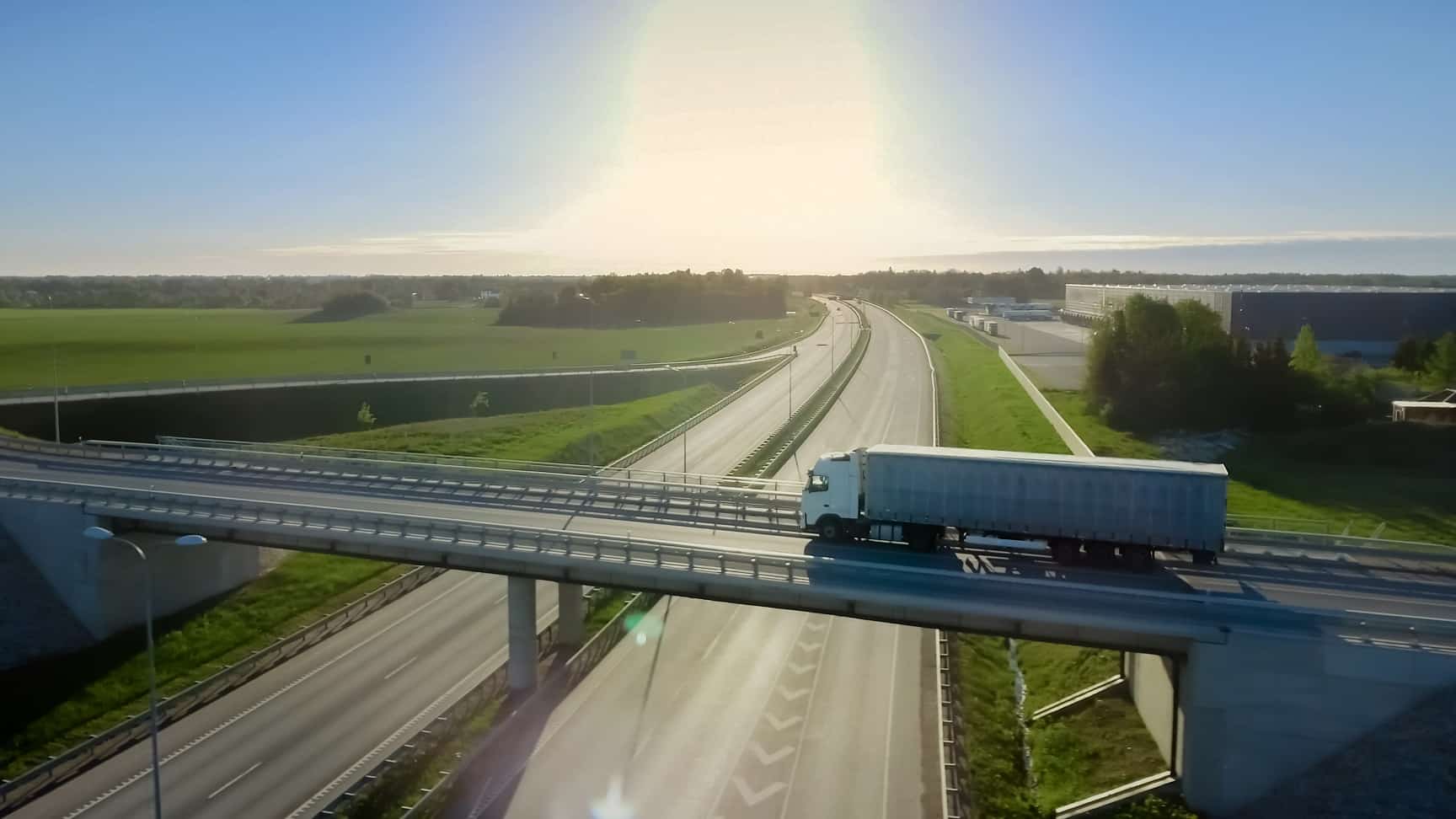Transport in Poland accounts for as much as 7% of the GDP. After a difficult year in 2023 due to high inflation, economic slowdown, and declining rates in the industry, improvement was expected. However, the situation at the borders and protests within the country aren’t making the fight for better results for domestic companies any easier. So, what are the current forecasts for transport and why does it affect all of us?
“Transport in Poland is an extremely significant part of the economy. We are in the top three in Europe. The geographical location makes transport dependent on the situation on our continent. Polish Transport accounts for 7% of the GDP, employing 6.5% of all workers, and still, about 100,000 workers are needed, mostly drivers. From 2010 to 2022, our sector developed at an average real rate of 4.9% per year (adjusted for inflation) compared to the average for the entire economy at 3.5%. And we’re just talking about heavy transport, or over 3.5 tons. 2023 was a big slowdown for the industry; many companies had to close. We’re hoping for better results in 2024, but legislative solutions are needed for our industry. We also need to take into account the coming years, which we cannot waste” explains Wojciech Romaniuk, president of MaWo Group, which focuses on supporting Polish transport companies.
The situation in the market
“We must emphasize that transport affects all of us, not just company owners. Everything that surrounds us and items for daily use had to be transported in some way. After a huge increase of about 20% in 2020 caused by the pandemic (lockdown benefited transport as we couldn’t go out, so we simply ordered things home or to the pickup point), there was a slowdown, especially from 2022, the time of the outbreak of war in Ukraine. When services’ prices increase in this sector, the end customer also has to pay more, for example, to transport panels to a new apartment. Automatically products in stores become more expensive. Changes in transport de facto affect us all,” says Wojciech Romaniuk.
“Currently we’re struggling with a lack of agreement related to the transport of goods from beyond the eastern border., which definitely affects those companies whose goods got stuck en route. The current protests by farmers certainly further complicate the situation for transport entrepreneurs. Moving on roads that are blocked leads to significant losses. Drivers work in strictly specified hours and have set break times. The law is absolute here, and when a driver is stuck in traffic, his working time continues, and he cannot drive the planned kilometers, obviously generating further losses for the owner of the transport company. The proposed detours are often not suitable for trucks, so there is no good solution. From our point of view, legislation is also extremely crucial, to be more specific, changing the regulations that impact the transport sector. Currently, we’ve prepared a document showing the unconstitutionality of abolishing February 2, 2022, diets and lump sums for accommodation in international transport for Polish drivers. We’re working to get the Sejm to deal with these provisions and amend them,” explains Wojciech Romaniuk from MaWo Group.
Improvements to the mobility package?
“Let’s look at what Belgium is proposing now. That country’s suggestion to establish a European transport agency to enforce the Mobility Package regulations seems reasonable. As Poland, we should raise our proposals regarding this package. For example, a change in regulations about drivers returning home every four weeks and vehicles returning every eight weeks is necessary. These are problematic rules for Polish companies since they increase costs and complicate transportation organization. If the Belgian government believes it needs to step up controls, it means this is an important issue for them. Poland should also fight for significant changes for our industry, like demonstrating the sense of the two aforementioned rules, which will undoubtedly have a very negative impact on the Green Deal. This means more transportation of workers or vehicles forced to return to the base, which is not advantageous for the Polish carrier,” summarizes Wojciech Romaniuk.
